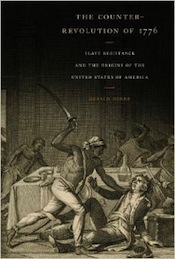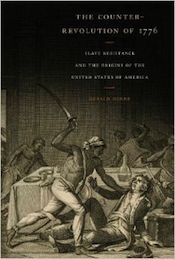
History, my friends, is being made everyday: a phenomenal thing to truly grasp. Historic “shifts,” impacting how we think, what we think and (hopefully) ever nudging the human race to forge new, more resilient paths to justice. Sometimes, however, those shifts are so rapid and so unassuming that their significance can oft times evade us.




















